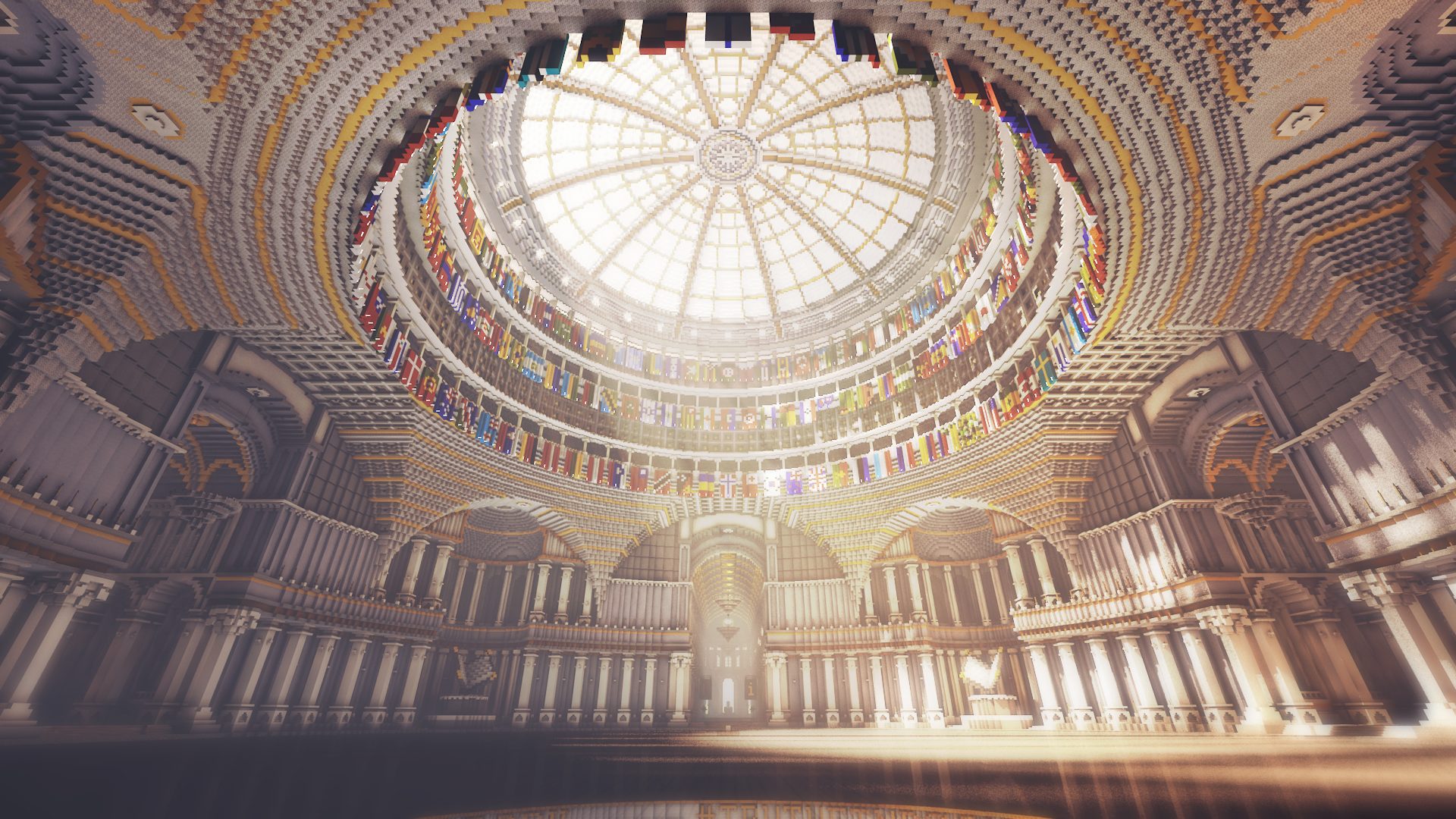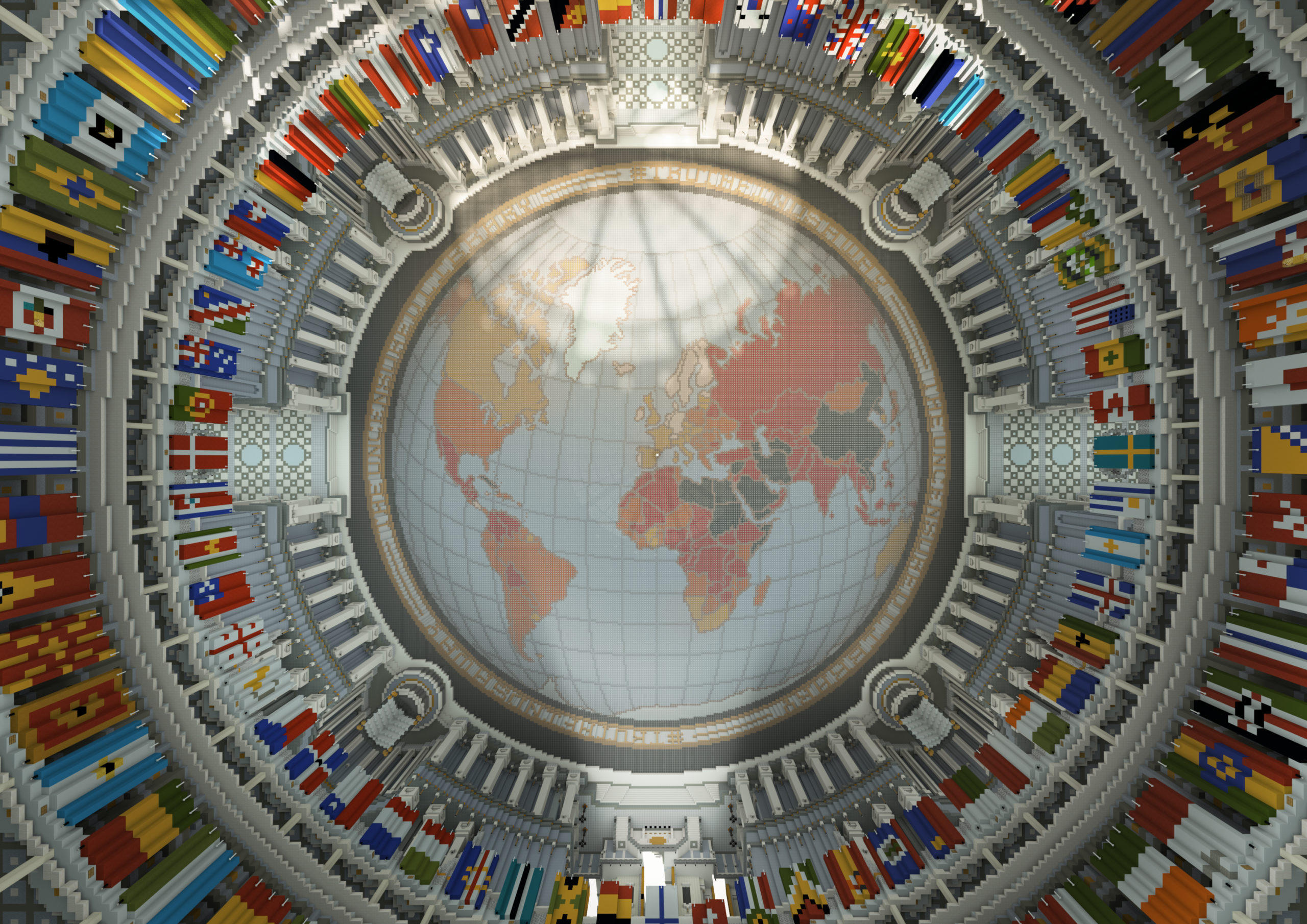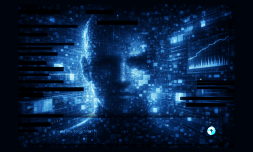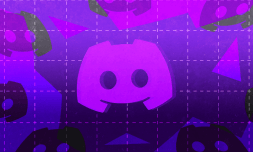One of the most successful sandbox video games of all time once again proves its versatility outside of tree-punching and cave-exploring by providing a journalism sanctuary for its 126 million active players.
Thinking outside the box
Oppressive governments and growingly sophisticated systems of surveillance have led to an increase of censorship in many parts of the world. Young people are having their expression and opinions manipulated by misinformation, and it’s going to take some outside the box thinking to tackle the problem.
Luckily, Minecraft’s popularity permits it to travel to countries that certain media cannot. Using this square-shaped loophole, non-profit organisation Reporters Without Borders and communication network DDB teamed up with design studio BlockWorks to create ‘The Uncensored Library’ – a digital space for gamers in countries with strict censorship to access banned books and articles.
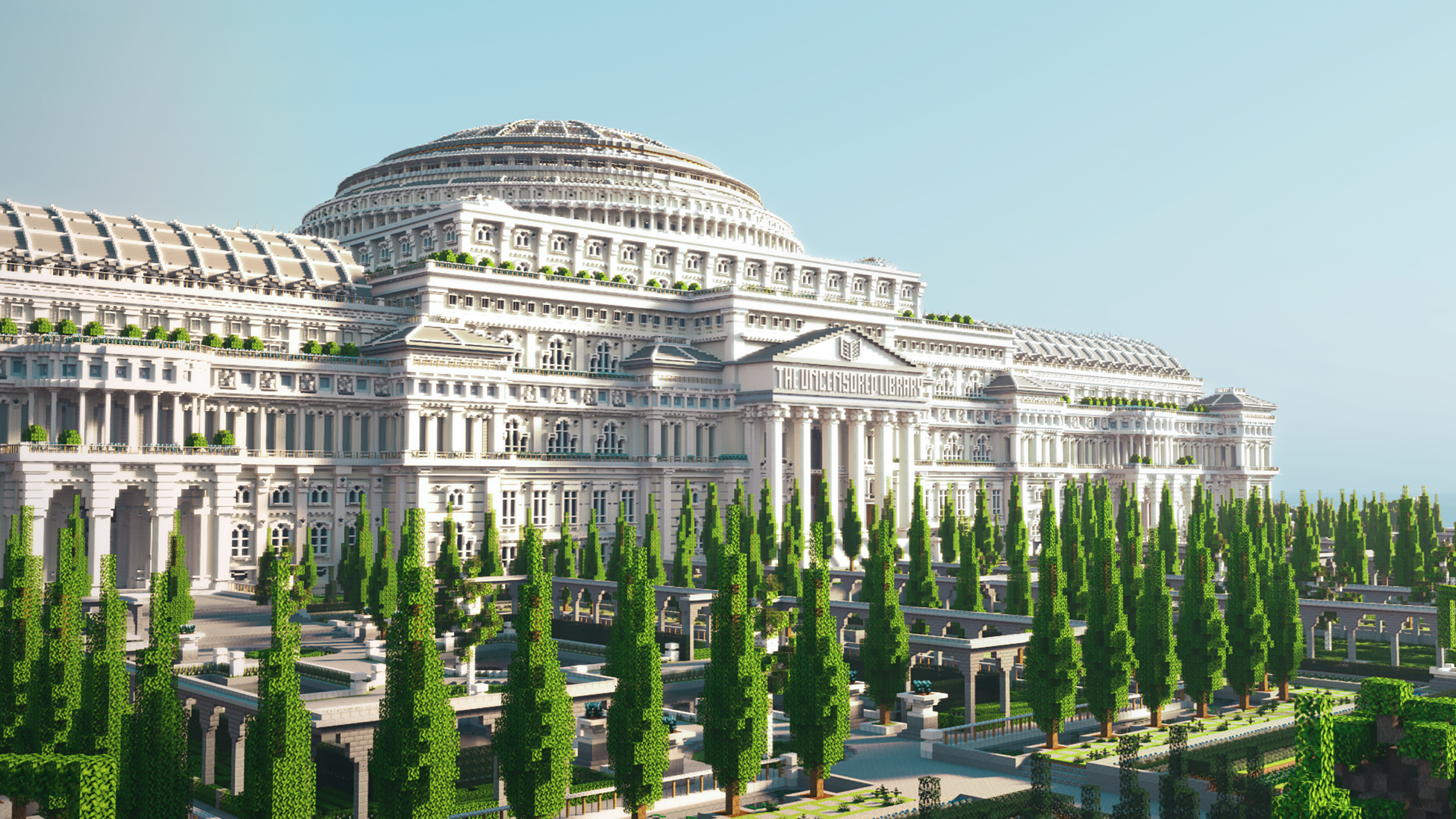
This library contains material from countries like Russia, Saudi Arabia, Egypt, Mexico, and Vietnam. These were selected by comparing countries with a low rating on the Press Freedom Index against countries with a high number of Minecraft users.
The initiative hopes to help young adults between 15-30 years old get the information they’ll need to help shape the future.
With pressing issues like climate change, the agriculture crisis, healthcare inequality, and a whole lot more, it couldn’t be more important for the youth to get clued up.
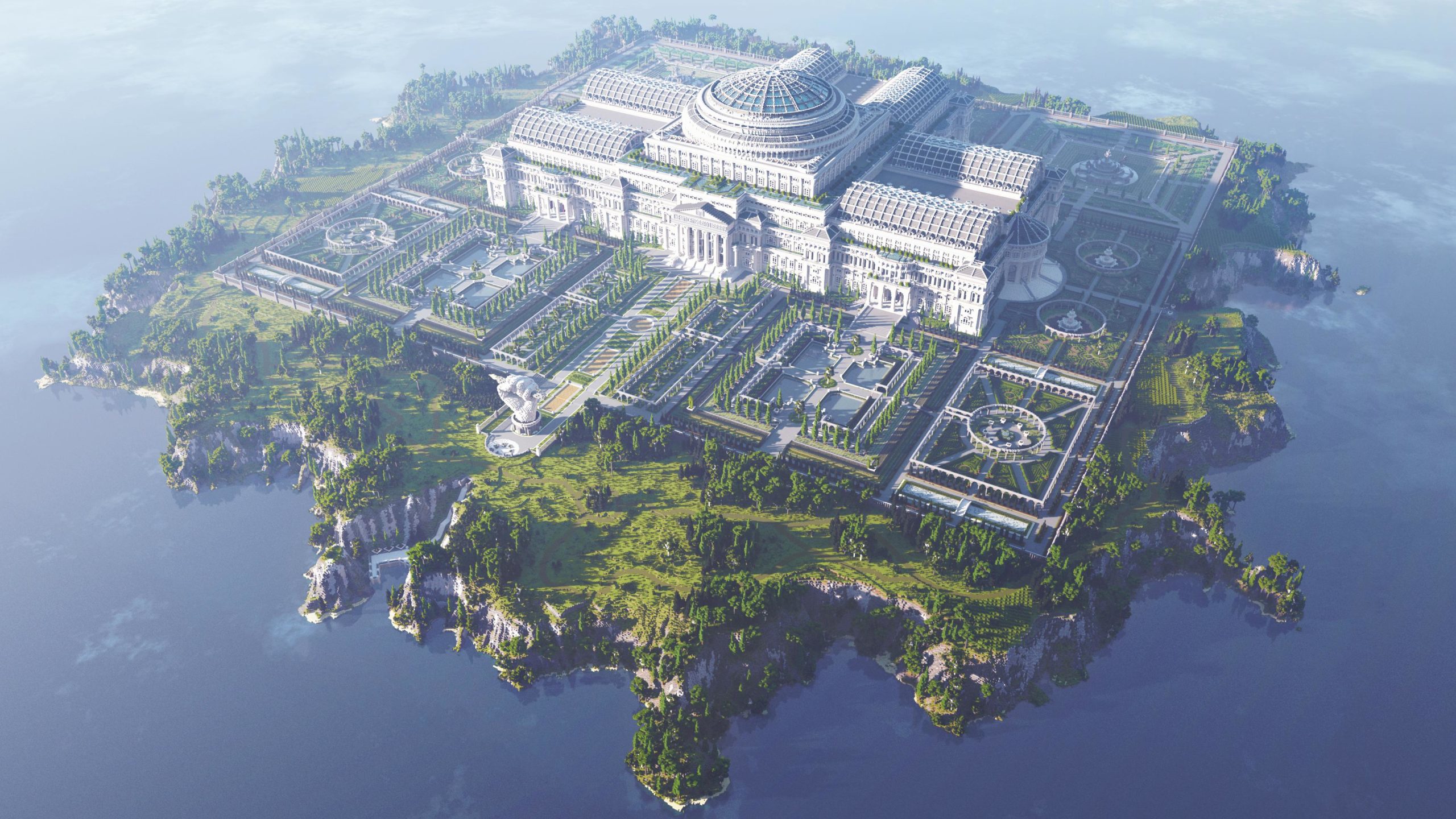
Bedrock solid security
Governments and vicious organisations are unable to censor texts on the server thanks to blockchain technology. Using a similar decentralised system to bitcoin, the ability to make changes requires a whole network’s approval rather than one singular centralised entity.
I could try regurgitating the details of blockchain security, but it’d probably be more helpful to leave this link here:










